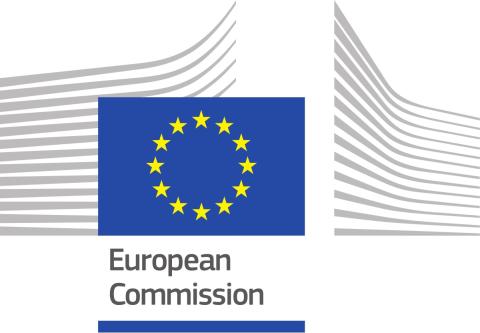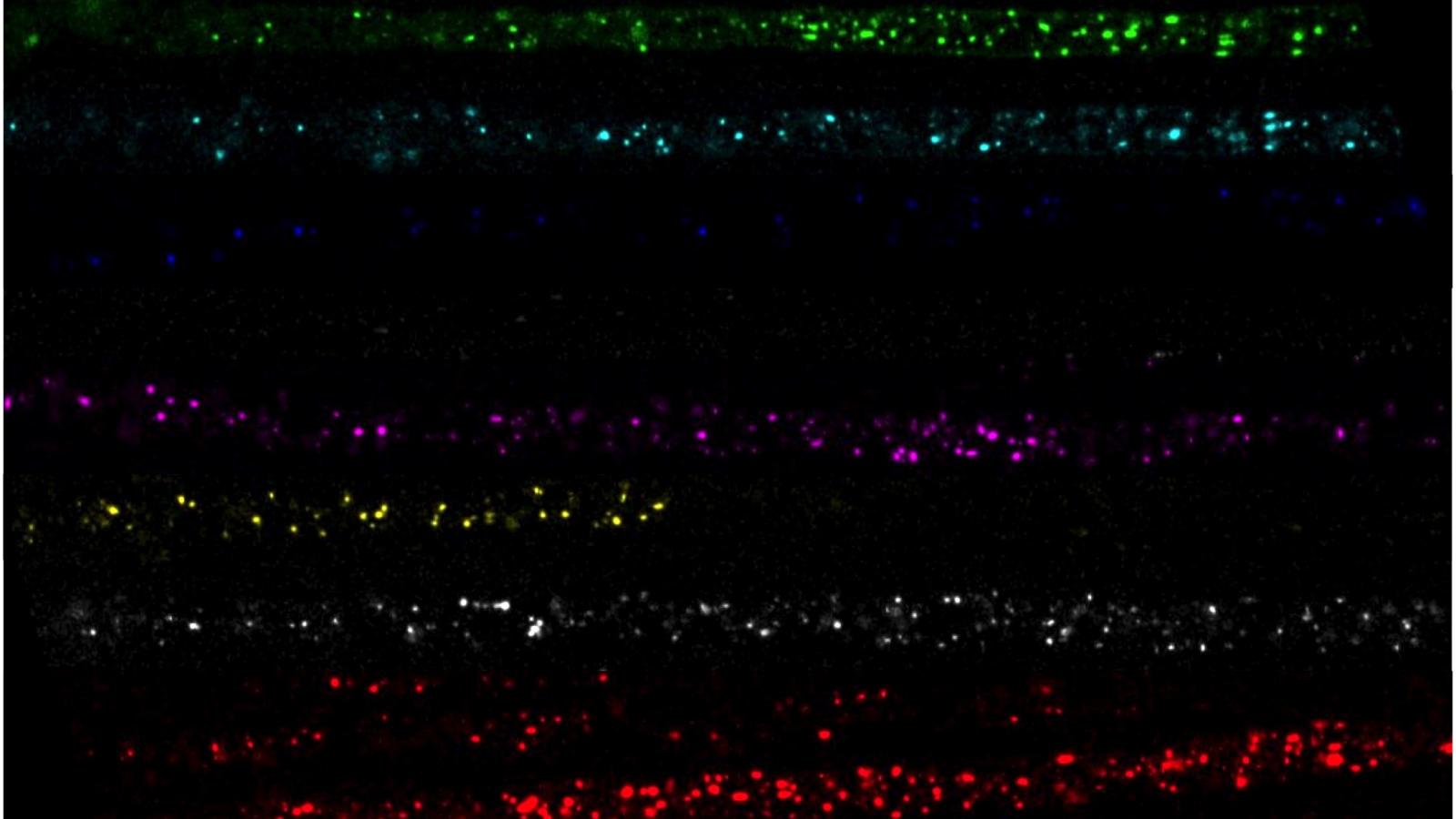Key details
Repairing communication routes in neurons to treat motor neuron disease and frontotemporal dementia
In the last decade, the discovery of the genetic causes for familiar forms of amyotrophic lateral sclerosis (ALS) and frontotemporal dementia (FTD) have transformed our understanding of these severe and progressive neurodegenerative diseases. However, their underlying causes are still largely unknown.
A main long-distance communication route connecting the nerve terminal with the body of the nerve cell has been found to be altered in ALS/FTD, as well as in other neurogenerative conditions, such as Alzheimer’s disease (AD).
The Schiavo Lab plans to repair the alterations in this communication route found in ALS/FTD and other diseases of the nervous system by isolating new drugs using state-of-the-art technologies, such as microscopy and human neurons in the test tube.
Latest news
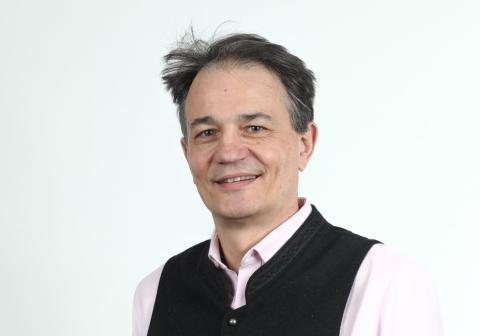


Prof Giampietro Schiavo
Prof Giampietro Schiavo FMedSci, FRSB is a Group Leader at the UK DRI at UCL. Find out more about his career and expertise on his profile page.
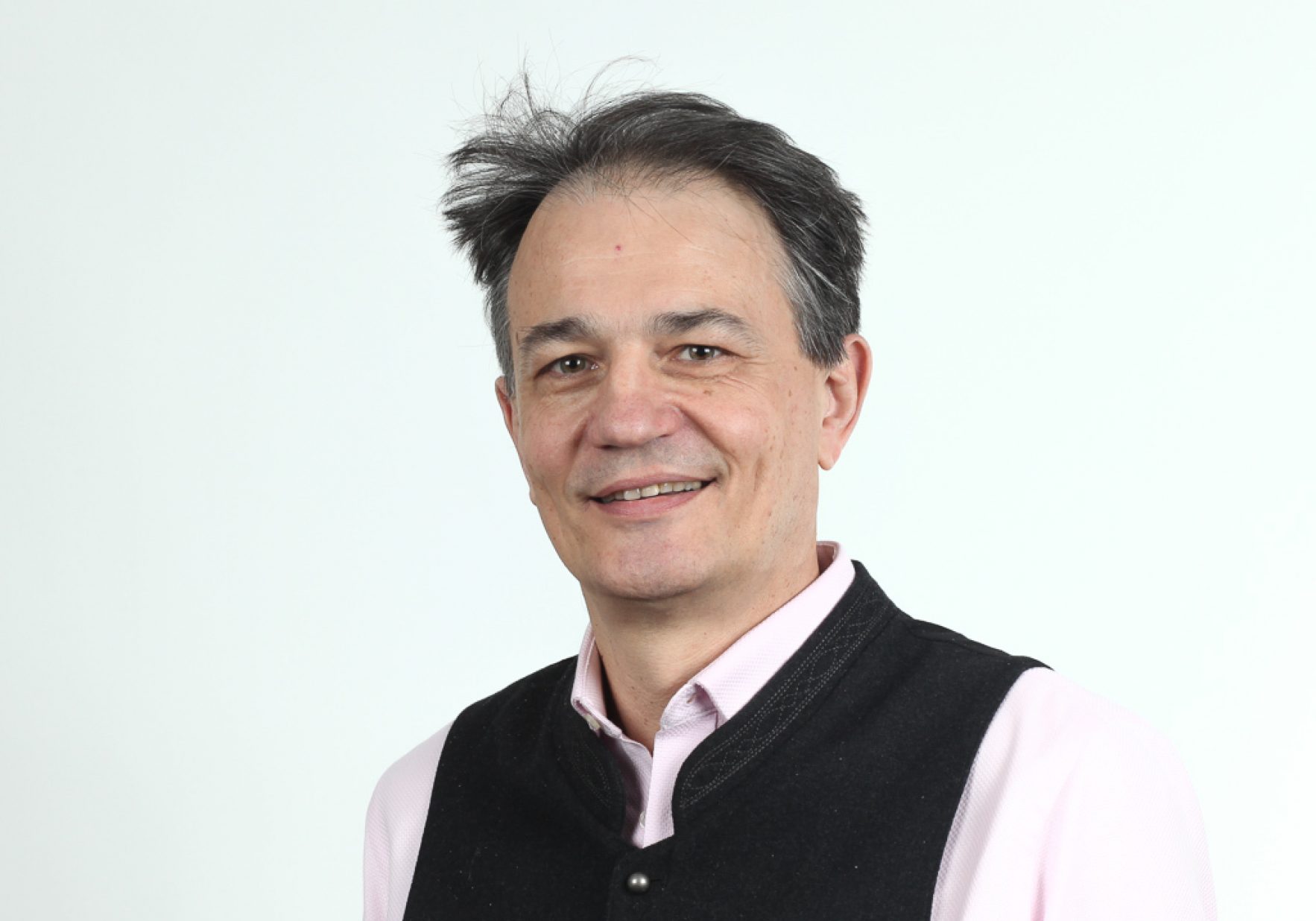
Research summary

The Schiavo Lab track the movement of important survival signals around the cell to determine dysfunction in conditions like motor neuron disease/ALS. Credit: Dr James Sleigh
Elucidating the mechanisms of axonal transport regulation and tau dynamics in neurons
The Schiavo Lab's research programme aims to elucidate the mechanisms of axonal transport regulation and tau dynamics in healthy and diseased neurons, while identifying new targets to treat amyotrophic lateral sclerosis (ALS) and frontotemporal dementia (FTD) and other neurodegenerative diseases characterised by impaired axonal transport.
Several lines of evidence point to the endolysosomal pathway as an essential process that is altered in ALS and FTD as well as other neurodegenerative conditions. Importantly, endolysosomal dysfunctions have far reaching consequences, since this pathway plays a major role in neuronal homeostasis by impacting key cellular processes, such as receptor trafficking, signalling and degradation. Accordingly, deficits in the axonal transport of endolysosomal organelles have been found at pre-symptomatic stages in models of ALS and other neurodegenerative disorders, suggesting that these impairments play a causative role in disease.
The team is testing the central hypothesis that counteracting axonal transport deficits represents a novel therapeutic strategy for treating neurodegeneration. The identification of signalling nodes modulating axonal transport and the endo-exocytosis of key pathological proteins, such as mutant tau, will enable crucial progress in the group's understanding of how axonal transport is regulated in healthy neurons and which of these mechanisms are affected in disease. Furthermore, uncovering how axonal transport is controlled in different neuronal subtypes will help the Schiavo Lab to address the mechanism conferring specific vulnerability to distinct neuronal populations.
In conclusion, the group's main aims are:
- To elucidate the machinery responsible for the regulation of axonal transport
- To restore physiological axonal transport levels in ALS, FTD and peripheral neuropathies
- To uncover the mechanism of tau release in vitro and in vivo
Key publications
Vacancies
Lab members
- Dr James Sleigh (Senior Fellow)
- Andre Teixeira Lopes (Senior Researcher)
- Dr Jacqueline Casey (Postdoctoral Researcher)
- Dr Sunaina Surana (Postdoctoral Researcher)
- Dr Oscar Lazo (Postdoctoral Researcher)
- Dr Anna Masato (Postdoctoral Researcher)
- Dr Jobert Vargas (Postdoctoral Researcher)
- Kai Sun (Research Technician)
- Reem Abouward (PhD Student)
- Emily Blackburn (PhD Student)
- Melis Pisiren (PhD Student)
- Alya Masoud Abdelhafid (PhD Student)
Collaborators








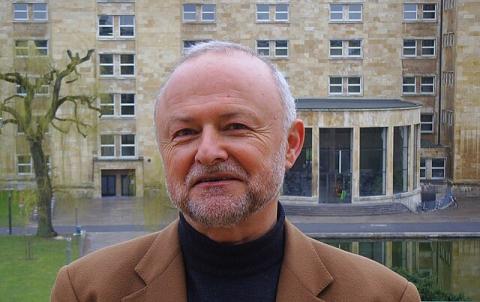
Lab funders
Thank you to all those who support the Schiavo Lab!




